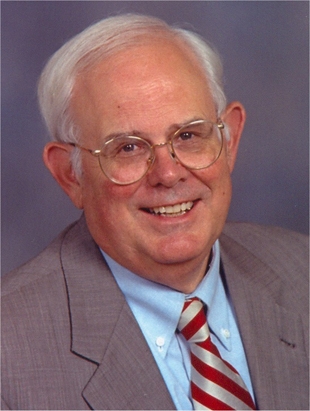A group of healthcare stakeholders met in Raleigh last week for a first-ever "listen and learn" session focused on two questions: How much should we spend on healthcare and how should these dollars be advocated?
Dr. Bobby DuBois, Chief Science Officer and Executive Vice President of the National Pharmaceutical Council, a health policy research organization, kicked off the session by stating that it is increasingly obvious that solutions to our healthcare problems won't come from Washington or our politicians. For too long we have waited for top down answers. If we are going to make significant and meaningful changes, they will come from the bottom up, in other words, from stakeholders.
How much does America spend and how is it working for us? 18 percent of our gross domestic product is spent on healthcare. To put this in perspective, in 1960 the amount was about 5 percent of our GDP. By 1990 that amount had increased to around 10 percent, and the 18 percent number reflects growth more than twice the rate of inflation.
When compared to other countries we spend the highest amount, however after examining 72 health outcome indicators The Commonwealth Fund revealed the U.S. comes in dead last among the 11 developed nations. Other comparative studies rank us in the mid 30s among 100 nations in outcome benchmarks. We clearly aren't getting enough bang for our bucks.
Each table of attendees was challenged to discuss and offer solutions. Here are some of their comments. Everyone wants to control healthcare costs until it affects them. Healthcare is the only segment of our lives where we don't ask and don't know what procedures or treatments cost. More transparency is needed. There is as much as 30 percent wasteful spending, such as unnecessary tests and procedures sometimes ordered to avoid lawsuits. We could perhaps save on prescription costs if the nearly $30 billion a year in drug advertising is drastically cut, more competition is allowed and more negotiation of drug prices is available. Association health plans can help small businesses and trade groups bring down insurance costs, as would allowing insurers from other states to cover our residents. And tort reform could protect patients while also reducing provider liability. Most agree hospitals could be more cost effective.
The hospital emergency department (ED) is often the front door of care for those uninsured and, at a minimum of $1,000, is the most expensive. More emphasis on wellness and primary care could make us healthier and save money. Increasing the scope of practice for nurse practitioners and physicians' assistants could also help.
Along with suggestions, some thorny issues were raised, like end-of-life care. 80 percent of the total amount a person spends on healthcare is spent in the last two years of their life. Important questions included how do we know if we are spending too much in any one area? Will lower spending result in lower quality of care? What tradeoffs are we willing to make to reduce costs? Who will ultimately make these decisions? How can we discuss these important questions without finger pointing or being defensive?
As might be expected there were differences expressed, but all agreed we cannot continue to sustain this level of cost and real solutions that reduce costs are essential. This listen and learn session was a good first-step. Others need to follow and all of us have a voice in them.
Publisher's note: Tom Campbell is former assistant North Carolina State Treasurer and is creator/host of NC SPIN,
a weekly statewide television discussion of NC issues that airs on UNC-TV main channel Fridays at 7:30pm, Sundays 12:30pm and UNC North Carolina Channel Fridays at 10:00pm, Saturdays at 4:00pm and Sundays at 10:00am.
Contact Tom at NC Spin.


























